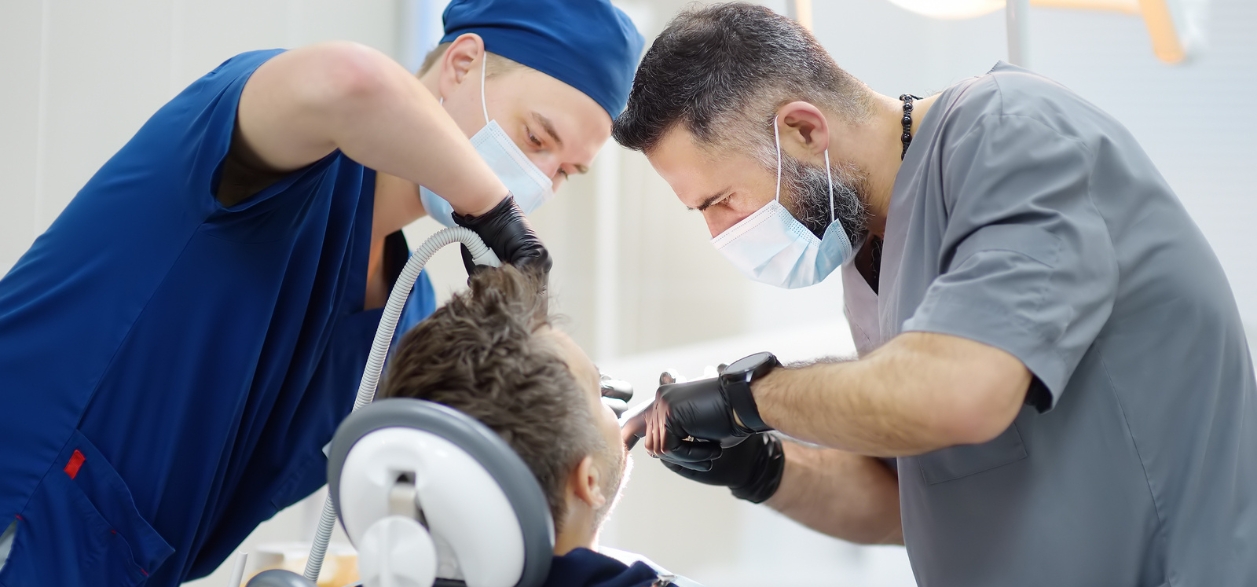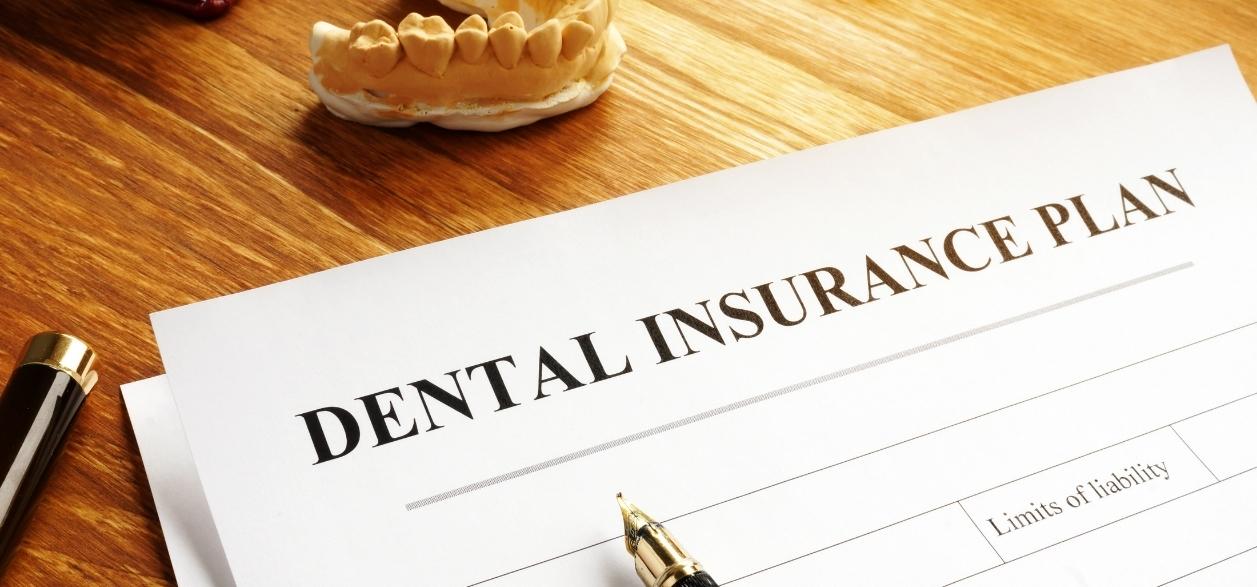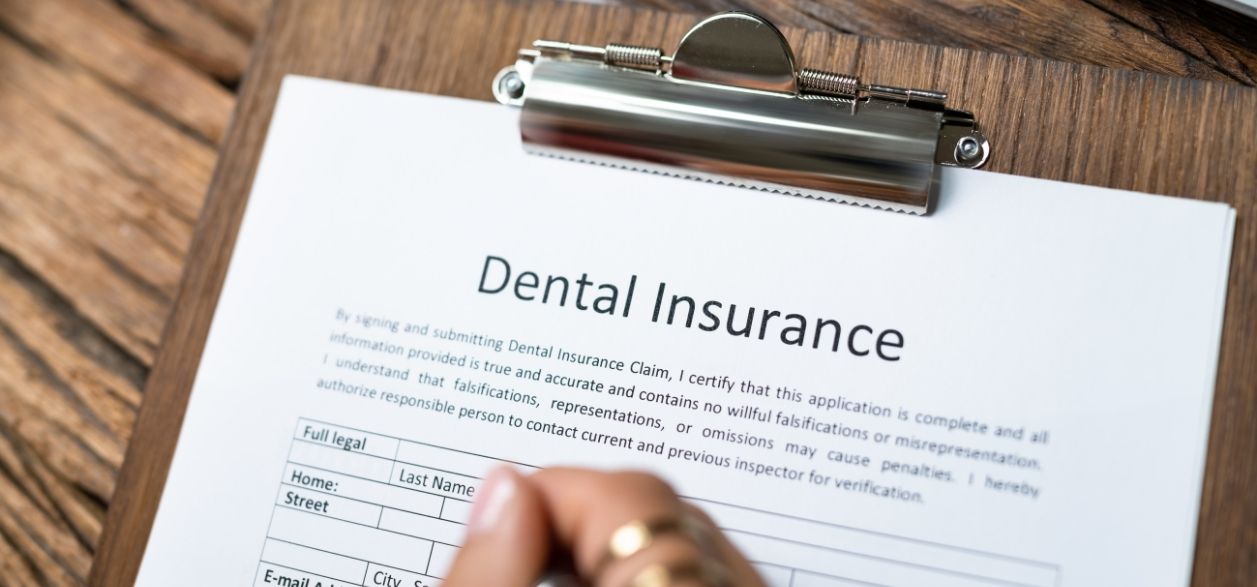
Sedation dentistry is a popular choice for many dental patients. It helps ease anxiety and discomfort during procedures, allowing for a smoother experience. However, recovery after sedation dentistry is just as important as the treatment itself. Knowing what to expect can help you feel more prepared. This guide outlines essential recovery tips and what patients can anticipate after their sedation dentistry appointments.
What Happens During Sedation Dentistry?
Sedation dentistry involves the use of medication to help patients relax during dental procedures. Here’s what you need to know:
- Types of Sedation: There are various levels of sedation, including minimal sedation, moderate sedation, and deep sedation. The method used will depend on your specific needs and the complexity of the procedure.
- Administration: Dentists can administer sedation through inhalation, oral medication, or intravenous (IV) methods. Each approach has its benefits and is chosen based on the patient’s comfort and the type of treatment.
- Duration: The effects of sedation can vary based on the method and dosage. For instance, nitrous oxide may wear off quickly, while IV sedation can take longer for patients to feel fully alert. Be sure to discuss this with your dentist beforehand.
What to Expect After Sedation Dentistry?
After your procedure, your recovery will depend on the level of sedation used. Here’s what you can generally expect:
- Post-Procedure Monitoring: You’ll likely stay in the dental office for a short period for observation. This ensures that you recover safely and that any side effects can be addressed promptly. Your dental team will monitor your vital signs and watch for any unusual reactions.
- Feeling Groggy: It’s common to feel drowsy or disoriented after sedation dentistry in Dallas. This sensation can last for a few hours, so it’s important to allow yourself time to fully wake up.
- Assistance Required: Due to lingering effects, you’ll need someone to drive you home. It’s crucial to avoid operating vehicles or heavy machinery for the remainder of the day. Arrange for a friend or family member to help you get home safely.
When to Contact Your Dentist?
While most recovery experiences are straightforward, there are times when you should reach out to your dentist:
- Persistent Grogginess: If the drowsiness doesn’t seem to improve after a few hours, it’s best to call your dentist. They can provide guidance on whether this is a normal reaction or if further evaluation is needed.
- Severe Pain or Swelling: If you experience significant pain or swelling that doesn’t subside, it may indicate a complication. Contact your dentist to discuss your symptoms and determine the next steps.
- Unusual Reactions: If you notice any unexpected side effects, such as a rash or trouble breathing, seek medical attention right away. It’s always better to be cautious when it comes to your health.
Recovery Tips for a Smooth Experience
To ensure a comfortable recovery after sedation dentistry, follow these helpful tips:
- Rest: Give yourself plenty of time to relax and recover. Your body has undergone a procedure, and rest is essential for healing. Avoid strenuous activities for at least 24 hours to allow your body to recuperate.
- Hydrate: Drink plenty of water to help flush the sedation out of your system. Staying hydrated can also help alleviate any lingering grogginess and prevent dry mouth.
- Follow Dietary Restrictions: Your dentist may recommend a soft food diet for the first few hours post-procedure. Stick to foods like yogurt, applesauce, and mashed potatoes. Avoid hot, spicy, or hard foods that may irritate your mouth as it heals.
- Pain Management: If you experience discomfort, take any prescribed pain medication as directed. Over-the-counter pain relievers, such as ibuprofen or acetaminophen, may also be recommended to help manage pain.
- Monitor Your Symptoms: Keep an eye on how you feel after the procedure. If you notice any severe symptoms, such as excessive bleeding or difficulty breathing, contact your dentist immediately.
Benefits of Sedation Dentistry
Choosing sedation dentistry can offer several advantages, including:
- Anxiety Reduction: Many patients feel calmer during their dental visits, making the experience less stressful. This is especially beneficial for individuals with dental phobia or anxiety.
- Increased Comfort: Sedation can make procedures more comfortable, allowing for longer appointments when necessary. Patients can undergo multiple treatments in one visit without discomfort.
- Memory Loss: Some patients may not remember the details of their procedure, which can alleviate anxiety about future visits. This can lead to a more positive attitude towards dental care.
By knowing what to expect during your recovery, you can enhance your experience with sedation dentistry. Always communicate openly with your dental provider about any concerns or questions. Your comfort and well-being are their top priorities. With the right preparation and support, your recovery can be smooth and uneventful, allowing you to focus on your dental health.



